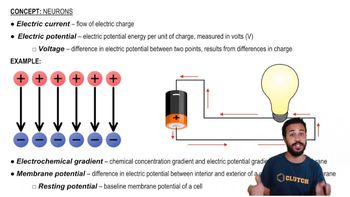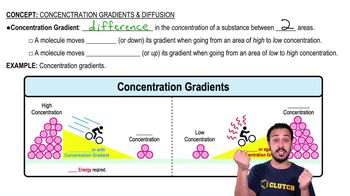Where does most nutrient uptake occur in roots?
a. At the root cap, where root tissue first encounters soil away from the zone of nutrient depletion
b. At the Casparian strip, where ions must enter the symplast before entering xylem cells
c. In the symplastic and apoplastic pathways
d. In root hairs, in the zone of maturation





